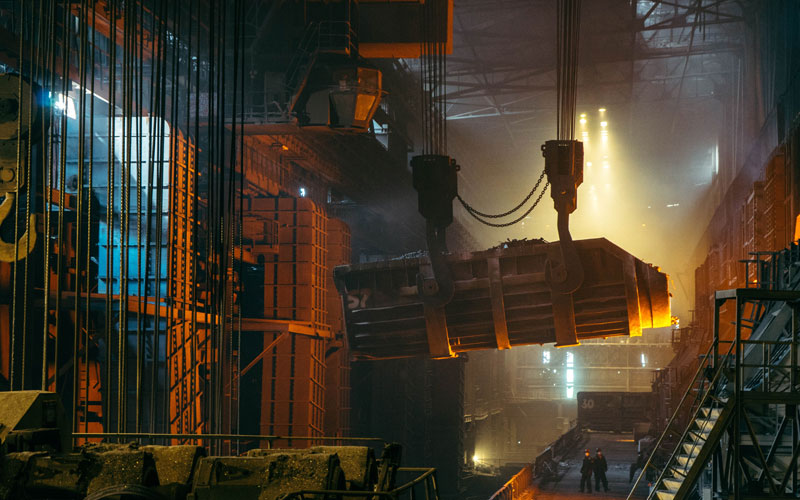Description
The project begins with extensive planning and feasibility studies to determine the viability and potential routes for the Gothia Mining Factory. Factors such as the source and destination of the oil, terrain, environmental considerations, regulatory requirements, market demand, and economic viability are assessed during this phase.
Successful Complete project
Gothia Mining Factory
Before the pipeline becomes operational, it undergoes rigorous testing and commissioning procedures. This includes pressure tests to verify its structural integrity, leak detection tests, flow tests, and calibration of control systems. Regulatory agencies and third-party inspection teams may be involved to ensure compliance with safety and operational standards.
Solution
Oil pipeline projects must comply with various regulatory requirements, including environmental impact assessments, permitting processes, and adherence to safety standards. Compliance with regulations helps mitigate environmental risks, protect public safety, and ensure the sustainable operation of the pipeline.
Oil pipeline projects are complex and require collaboration among various stakeholders, including project developers, engineering firms, construction contractors, regulatory bodies, landowners, and local communities. The objective is to create a safe, efficient, and reliable means of transporting oil from production areas to refineries or export terminals




